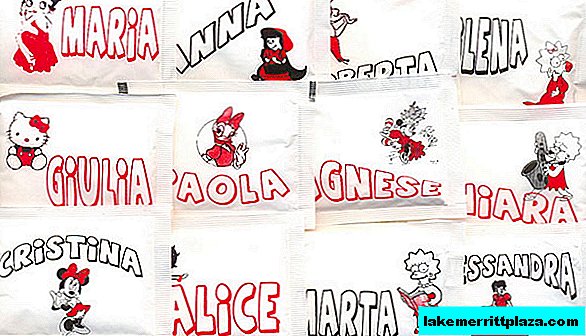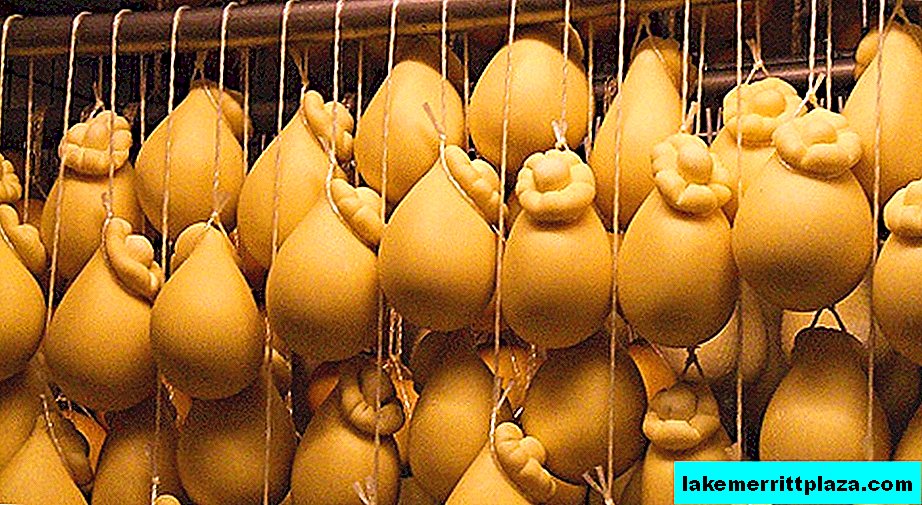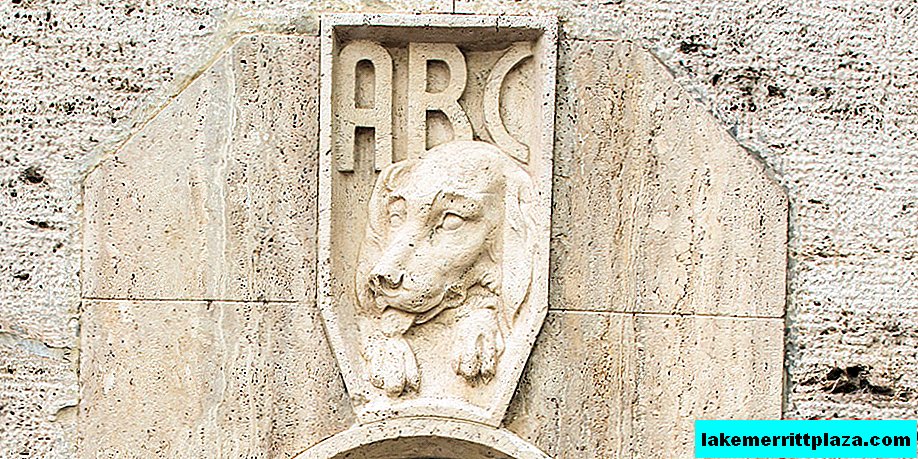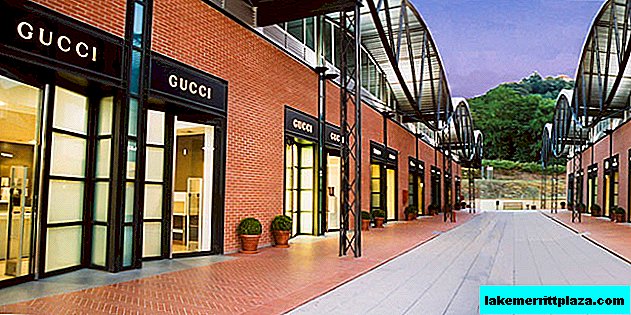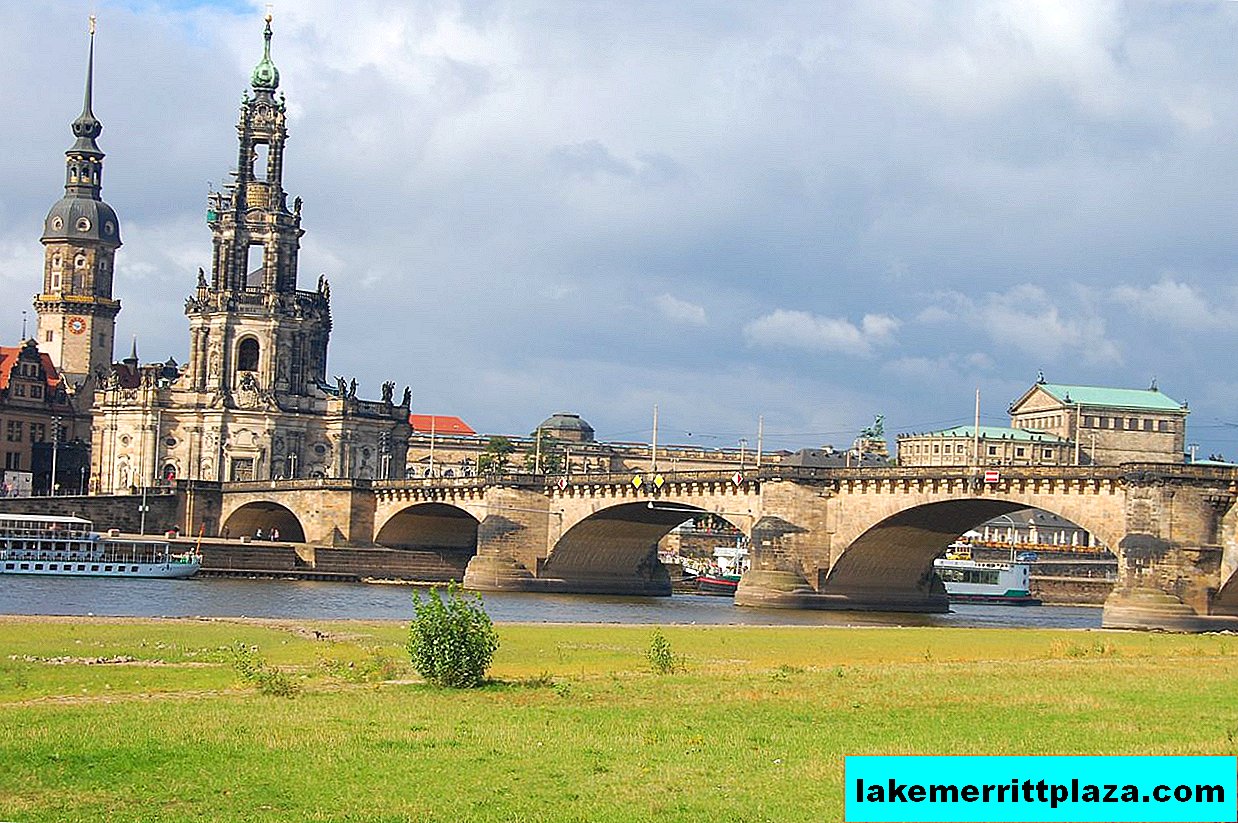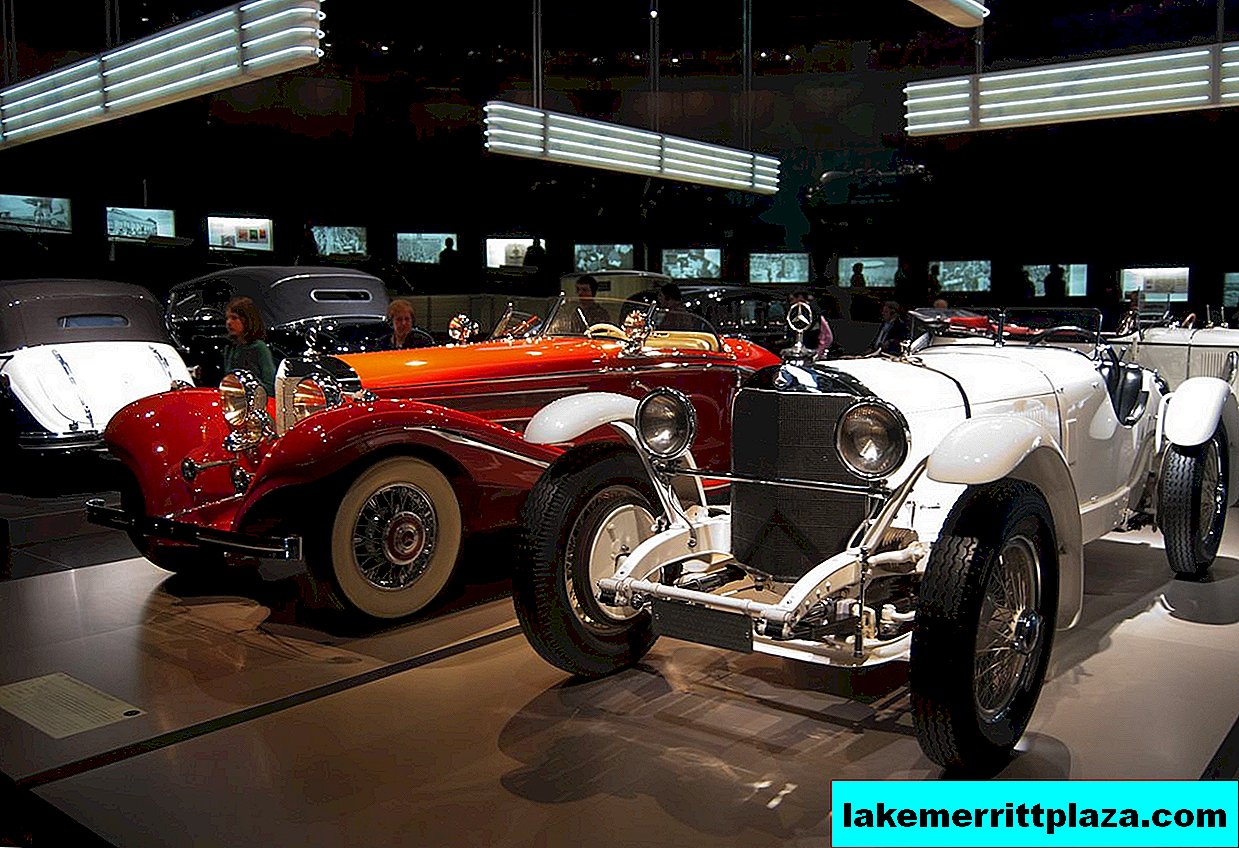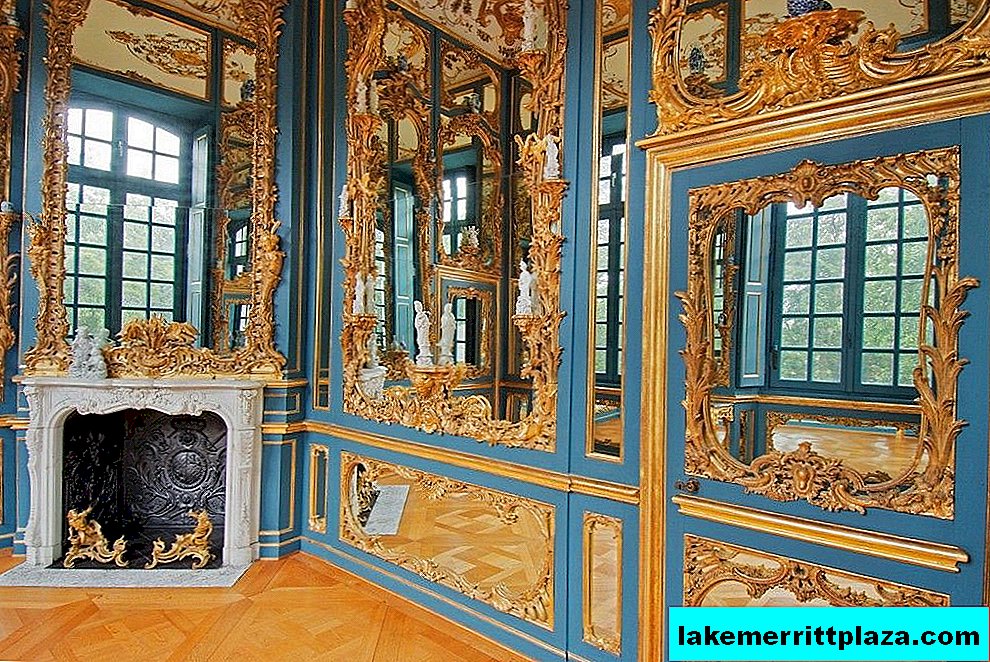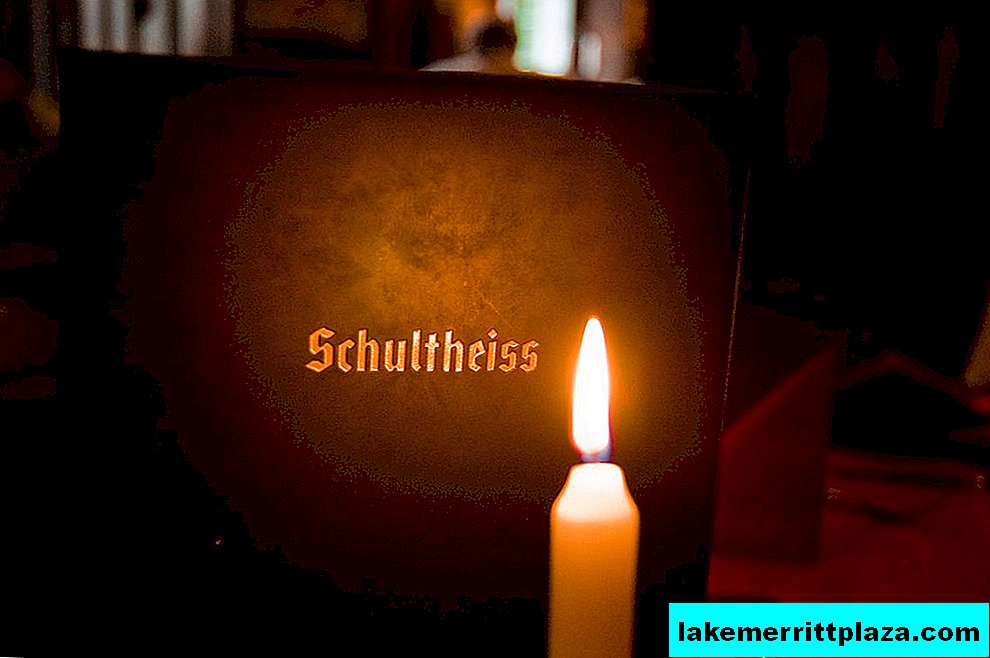The Romans were the first to appreciate the strategic benefits of this place on the Rhine. The Roman settlement Colonia appeared here in 33 BC. e. The Romans brought with them not only technical and military knowledge, but also Christianity. And for many centuries, Cologne remained the center of Christianity in Northern Europe.

The Romans were the first to appreciate the strategic benefits of this place on the Rhine. Roman settlement The colony appeared here in 33 BC e. Due to the fact that the emperor Claudius married a local girl, in 50 g. e. The colony became a city - lat. Colonia Claudia Ara Agrippinensium - "Colony of Claudius, a place for the sacrifice of Agrippins." The Romans brought with them not only technical and military knowledge, but also Christianity. And for many centuries Cologne (Köln) remained the center of Christianity in northern Europe.
The symbol of prosperity and power of the city was a huge Cathedral(Kölner Dom). Its construction began in 1248. Builders and architects were tasked with creating the "largest cathedral north of the Alps." The archbishops of Cologne possessed power not only in the church world, but also in the secular world. To the XV century Cologne became one of the richest German cities, but still the construction of the giant cathedral lasted 600.

In 1794, Cologne was occupied by the French, who decided to renumber their houses according to their own system. They assigned the number 4711 to the Mühlen family house - the famous name was born Cologne water (Kölnisch Wasser), i.e Cologne (eau de Cologne). Perfume mixture was prepared in the city since the beginning of the XVIII century. and was sold as a remedy, but in 1810, Napoleon issued a decree according to which the formulas of medicines should be available to everyone for the benefit of the poor. Keeping the recipe secret has become impossible. And then the manufacturers quickly declared their product eau de toilette. The aroma was very popular among aristocrats who did not like to wash and with its help masked unpleasant odors.
Cologne and the Rhine Valley were annexed by the Prussian kings in 1815. Under their rule, the city continued to flourish. In the middle of the XIX century. it turned into a major railway center, and in 1880, finally, the construction of the cathedral was completed. The development of industry and transport continued in the 20th century. The end of the prosperity of the city was laid by World War II.
The Hitler Army occupied the demilitarized Rhine Valley in 1936. At the beginning of 1940, German troops entered Cologne and from there moved to conquer the Netherlands, Belgium and France. Allied aviation bombed Cologne, industrial enterprises and military bases of the city more than once. The most severe bombardment took place on March 2, 1945. Cologne was turned into ruins. 90% of buildings and all bridges were destroyed. Miraculously only the cathedral survived.
Immediately after the war, the population began to rebuild the city, trying to preserve the historical buildings of the old center. The restoration of ancient Romanesque churches required considerable effort and money. Despite the difficult past, Cologne once again turned into a thriving industrial center of Europe and regained its former beauty.


